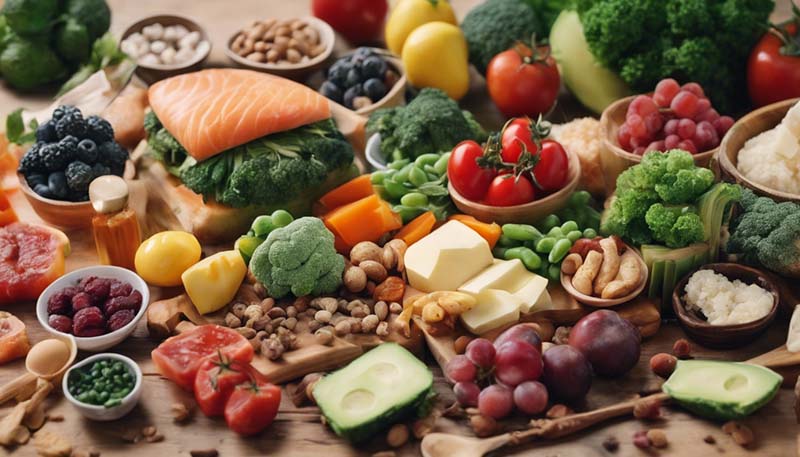The Future of Organic Food: Trends and Challenges
Organic food has become increasingly popular in recent years due to growing consumer awareness of the environmental and health benefits associated with organic farming practices. This article explores the current trends, challenges, and future prospects of the organic food industry.
Introduction
Organic food refers to products produced without the use of synthetic fertilizers, pesticides, growth hormones, and genetically modified organisms (GMOs). The demand for organic food is driven by consumers seeking healthier and more sustainable food options.
Current Trends in Organic Food
Growing Consumer Demand
The global organic food market has been growing steadily, with consumers becoming more aware of the benefits of organic food. This trend is expected to continue as more people prioritize health and environmental sustainability.
Rise of Online Retail and Subscription Services
The advent of online retail and subscription services has made it easier for consumers to access a wide variety of organic products. This convenience has contributed to the growth of the organic food market.
Challenges in the Organic Food Industry
High Costs of Production
Organic farming is often more labor-intensive and requires more land compared to conventional farming. This results in higher production costs, which can make organic food more expensive for consumers.
Environmental Concerns
While organic farming has several environmental benefits, it also faces challenges such as lower crop yields and the potential for increased land use. Balancing the environmental benefits with the need for sustainable production is a key challenge for the industry.
Technological Advances in Organic Farming
Precision Agriculture
The adoption of precision agriculture and smart farming technologies can help organic farmers optimize their operations, increase yields, and reduce costs. These technologies can also help address some of the environmental concerns associated with organic farming.
The Role of Government and Regulations
Government support and regulations play a crucial role in the development of the organic food industry. Policies that encourage organic farming, provide financial incentives, and establish clear organic certification standards can help promote the growth of the industry.
Future Prospects and Opportunities
The future of organic food looks promising, with potential for growth in emerging markets and continued innovation in organic farming practices. Addressing the challenges faced by the industry and fostering a supportive environment for organic farming will be key to realizing the full potential of organic food.
Conclusion
The organic food industry is poised for continued growth, driven by consumer demand and technological advancements. However, challenges such as high production costs and environmental concerns must be addressed to ensure the long-term sustainability of the industry. The future of organic food will depend on the collective efforts of farmers, consumers, governments, and the private sector to promote a more sustainable and healthy food system.






























Leave a comment